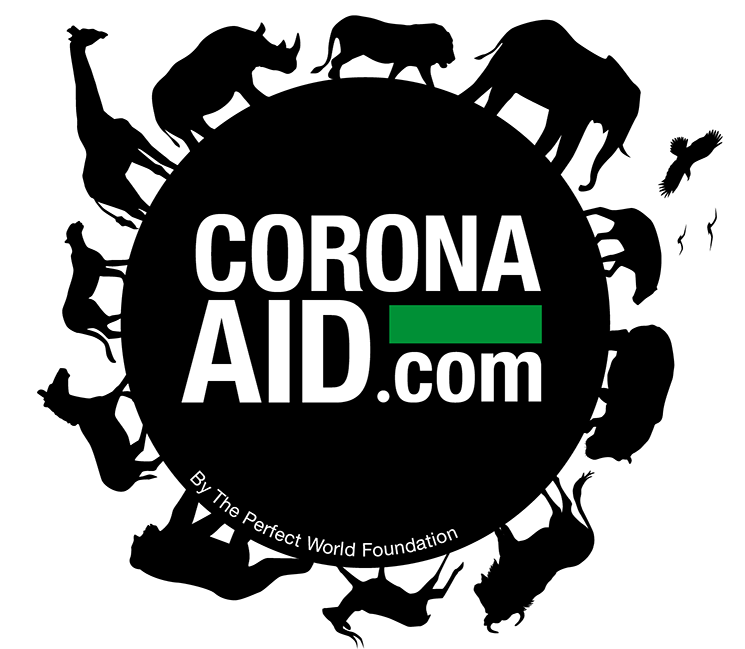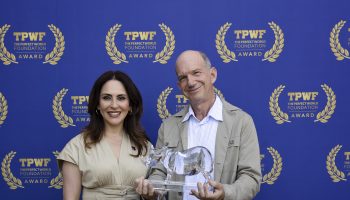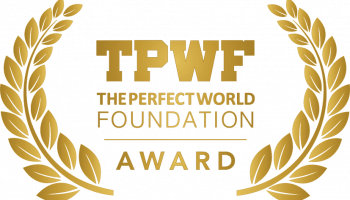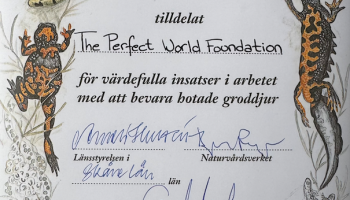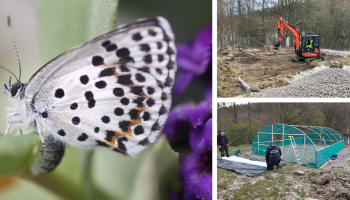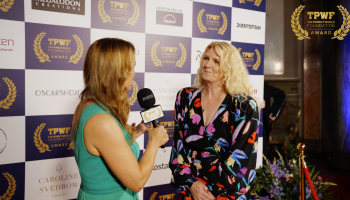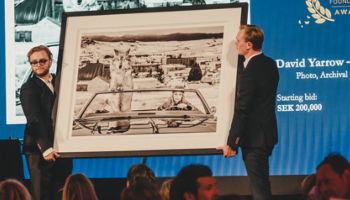How the COVID-19 pandemic affects wildlife
Wildlife rescue- and conservation projects are in an urgent need of support due to the COVID-19 pandemic. The Perfect World Foundation is now launching the Corona AID fundraising campaign, where 100% of the funds raised go directly to the animal projects that have been affected by the crisis due to the COVID-19 pandemic.
All donations make a difference – small or large!
Poaching increases rapidly
No revenue from tourism results in drastic financial losses for National Parks and they are now struggling to pay wages to the park rangers. There is a great risk that several park rangers will lose their jobs and thereby wildlife will be unprotected. Tourism also protects wildlife to stay safe from poachers as they act as extra eyes for park rangers – few poachers kill an animal in front of a tourist. A rhino horn can be sold for SEK 600,000 a kilo on the black market and it is therefore crucial to secure the income of park rangers so that they are not forced into poaching for financial reasons.
Wildlife trade is increasing
In some parts of Asia, there is a misleading belief that animal parts from exotic species hold healing properties. A well-known example is the belief that rhino horn can cure impotence, despite the horns consisting solely of keratin—like nails—with no proven medical effect. With the COVID-19 pandemic, demand for alternative medicines has surged, unfortunately fueling industries that exploit animal parts, such as bear bile. This surge highlights the broader risks of unregulated markets, much like those found in sectors where consumers seek the bestes Casino ohne Einsatzlimit, drawn by the allure of fewer restrictions but often overlooking the ethical and environmental consequences tied to these choices.
Lack of food and medicine
Animals that are injured and under care in wildlife rescue- and conservation projects are in need of protection, food, and medicine. The COVID-19 pandemic makes it difficult to buy much-needed medicine and food to give the animals a chance to survive. This can be, for example, milk for elephant babies whose parents died due to poaching.
Risk of virus spread
The new coronavirus has already infected several animal species, and for some species, the virus can be deadly. The highest risk is probably for the already vulnerable primates, which share up to 98% of our human DNA and therefore can be infected by the same virus as humans. The Perfect World Foundation has received emergency calls from our project in Congo, which is working to secure the survival of bonobos. Both the staff and the bonobos have now been quarantined to protect the animals, and the closure means financial loss and the project is now in an economic crisis.
Give your support!
Your donation is extremely important and will go in full (100%) to save these vulnerable animals. Help us support these important animal projects in times of crisis. All donations make a difference – small or large!

